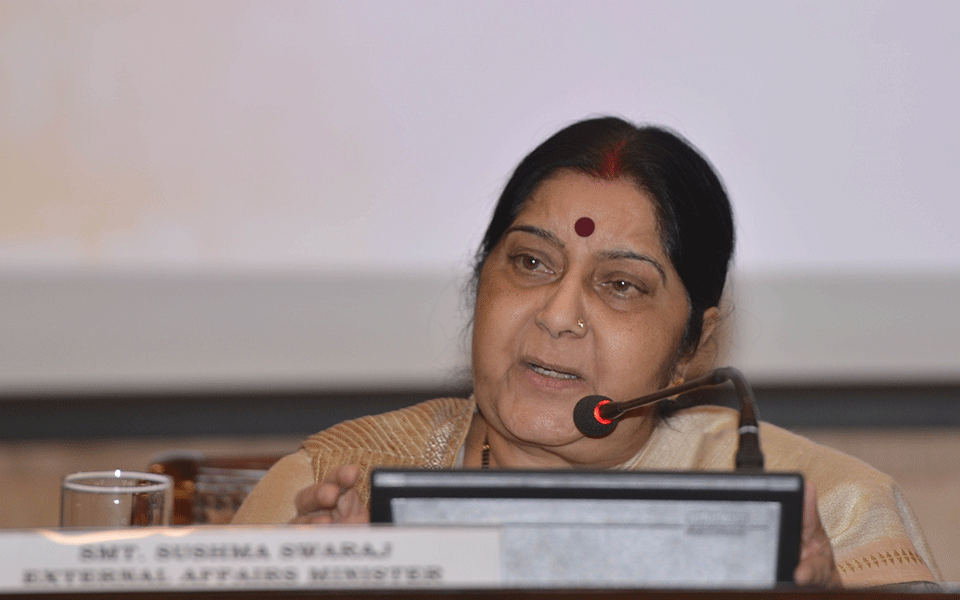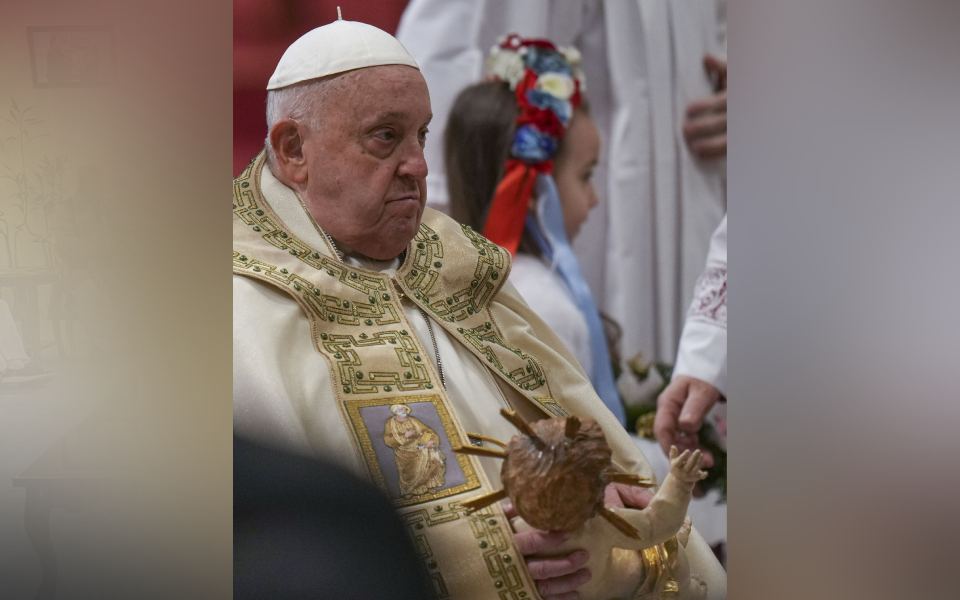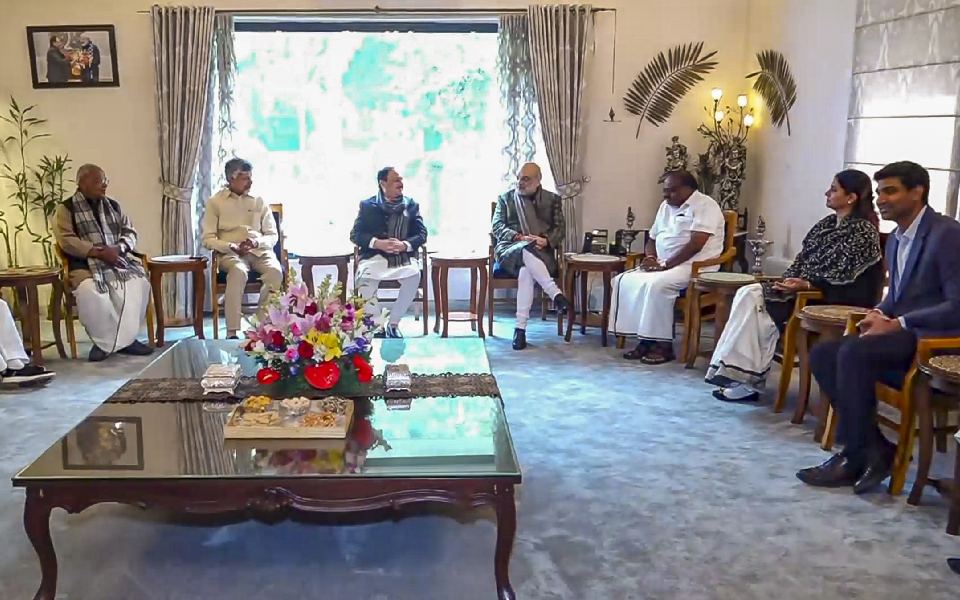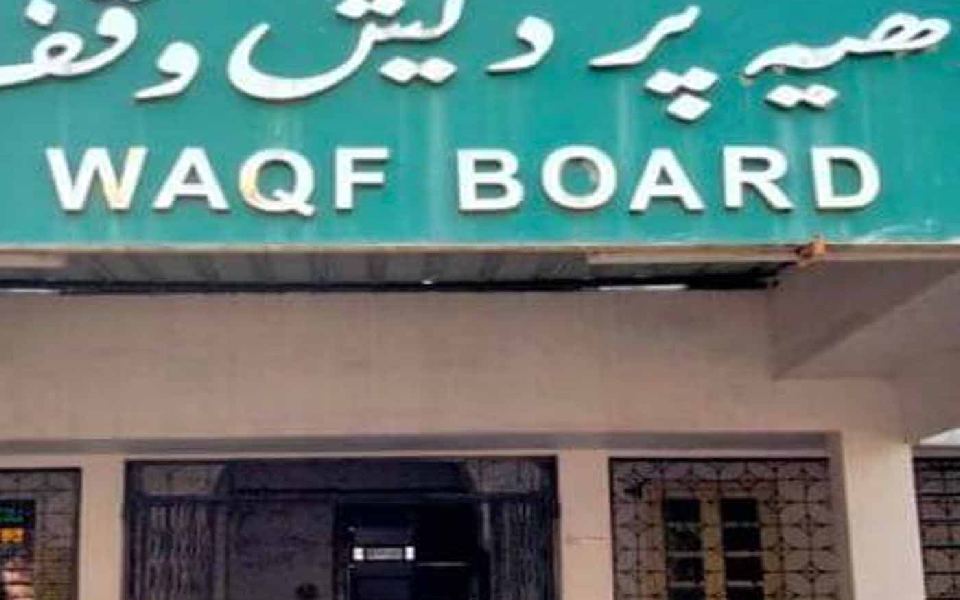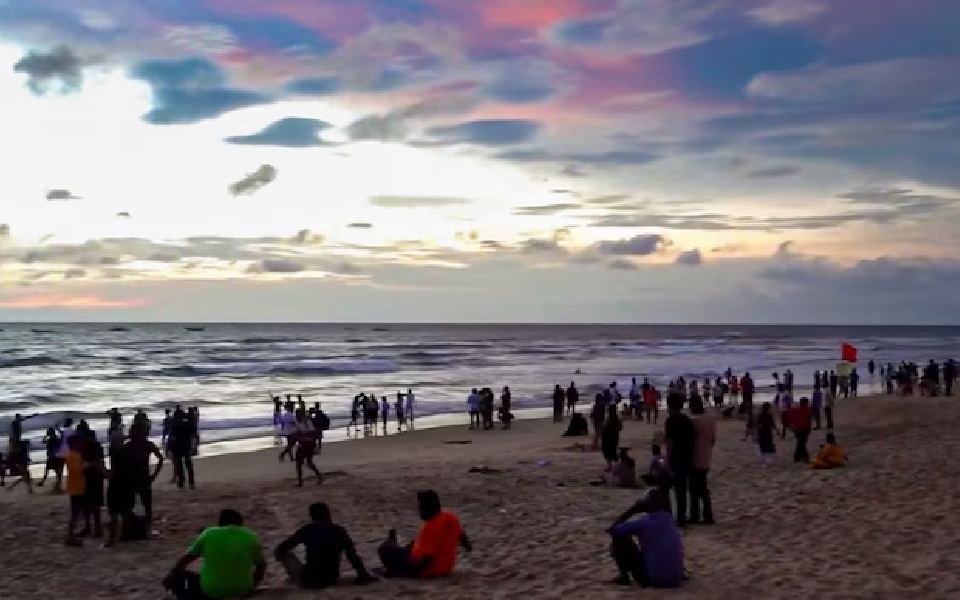New Delhi, May 28: External Affairs Minister Sushma Swaraj on Monday said India was ready for talks with Pakistan if it stopped aiding terrorism.
"We are always ready for talks with Pakistan. We have never said we are not ready for talks. But there is a caveat. Terror and talks don't go together," she said at a press conference.
"This is our position and there is no change in our position. We are ready for talks even before the (2019) elections. Election has nothing to do with this. We are ready for talks even before elections only if Pakistan leaves terrorism and is willing to come to the table for talks."
She said a comprehensive dialogue with Pakistan was not possible when attacks were being carried out and people killed.
Replying to a question about engagement with Pakistan at other levels, Sushma Swaraj said the Coast Guard and the Border Security Force continue talking to their Pakistan counterparts.
On Pakistan's controversial Gilgit-Baltistan order that alters the status of the northern region of the parts of Jammu and Kashmir under Islamabad control, the minister said India had lodged its protests over the order and "the answer we got... is laughable".
"As for Gilgit-Baltistan being named by Pakistan as its fifth state, the same day we expressed our opposition, and the reply came more as a lesson on history and geography. I felt while reading their answer was, 'look who's talking',. They need not give us gyan on it."
As for Saarc minus Pakistan, she said the South Asian bloc would not remain a grouping if a country went out.
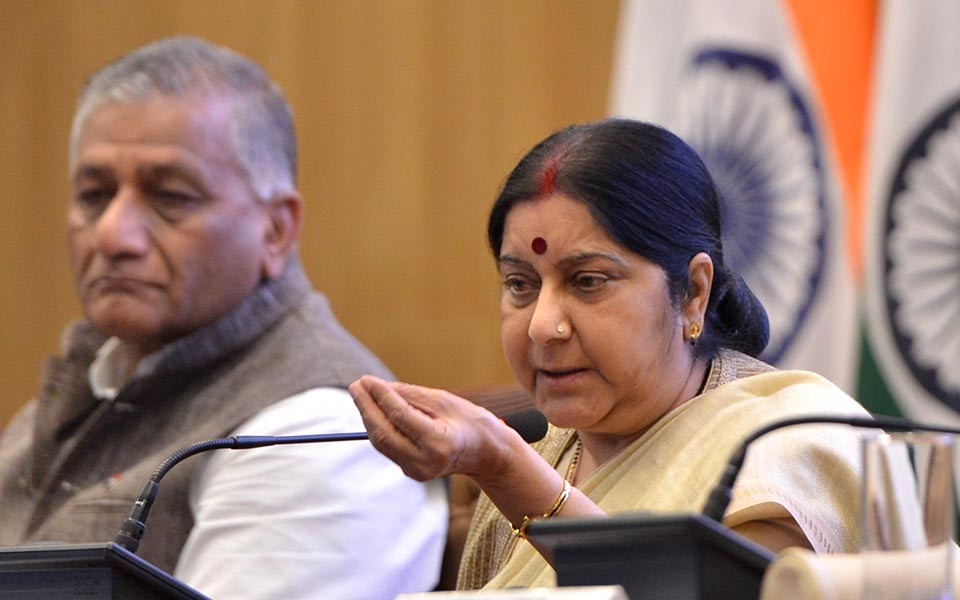
Let the Truth be known. If you read VB and like VB, please be a VB Supporter and Help us deliver the Truth to one and all.
Vatican City, Dec 25: Pope Francis in his traditional Christmas message Wednesday urged “all people of all nations” to find courage during this Holy Year “to silence the sounds of arms and overcome divisions” plaguing the world, from the Middle East to Ukraine, Africa to Asia.
The pontiff's “Urbi et Orbi” — “To the City and the World” — address serves as a summary of the woes facing the world this year. As Christmas coincided with the start of the 2025 Holy Year celebration that he dedicated to hope, Francis called for broad reconciliation, “even (with) our enemies.”
"I invite every individual, and all people of all nations ... to become pilgrims of hope, to silence the sounds of arms and overcome divisions,'' the pope said from the loggia of St. Peter's Basilica to throngs of people below.
The pope invoked the Holy Door of St. Peter's Basilica, which he opened on Christmas Eve to launch the 2025 Jubilee, as representing God's mercy, which “unties every knot; it tears down every wall of division; it dispels hatred and the spirit of revenge.”
He called for arms to be silenced in war-torn Ukraine and in the Middle East, singling out Christian communities in Israel and the Palestinian territories, “particularly in Gaza where the humanitarian situation is extremely grave,” as well as Lebanon and Syria “at this most delicate time.”
Francis repeated his calls for the release of hostages taken from Israel by Hamas on Oct. 7, 2023.
He cited a deadly outbreak of measles in the Democratic Republic of Congo, and the suffering of the people of Myanmar, forced to flee their homes by “the ongoing clash of arms.” The pope likewise remembered children suffering from war and hunger, the elderly living in solitude, those fleeing their homelands, who have lost their jobs, and are persecuted for their faith.
Pilgrims were lined up on Christmas Day to walk through the great Holy Door at the entrance of St. Peter's Basilica, as the Jubilee is expected to bring some 32 million Catholic faithful to Rome.
Traversing the Holy Door is one way that the faithful can obtain indulgences, or forgiveness for sins during a Jubilee, a once-every-quarter-century tradition that dates from 1300.
Pilgrims submitted to security controls before entering the Holy Door, amid new security fears following a deadly Christmas market attack in Germany. Many paused to touch the door as they passed and made the sign of the cross upon entering the basilica dedicated to St. Peter, the founder of the Roman Catholic Church.
“You feel so humble when you go through the door that once you go through is almost like a release, a release of emotions,'' said Blanca Martin, a pilgrim from San Diego. "... It's almost like a release of emotions, you feel like now you are able to let go and put everything in the hands of God. See I am getting emotional. It's just a beautiful experience.”
A Chrismukkah miracle as Hanukkah and Christmas coincide
Hanukkah, Judaism's eight-day Festival of Lights, begins this year on Christmas Day, which has only happened four times since 1900.
The calendar confluence has inspired some religious leaders to host interfaith gatherings, such as a Hanukkah party hosted last week by several Jewish organizations in Houston, Texas, bringing together members of the city's Latino and Jewish communities for latkes, the traditional potato pancake eaten on Hanukkah, topped with guacamole and salsa.
While Hanukkah is intended as an upbeat, celebratory holiday, rabbis note that it's taking place this year as wars rage in the Middle East and fears rise over widespread incidents of antisemitism. The holidays overlap infrequently because the Jewish calendar is based on lunar cycles and is not in sync with the Gregorian calendar, which sets Christmas on Dec. 25. The last time Hanukkah began on Christmas Day was in 2005.
Iraqi Christians persist in their faith
Christians in Nineveh Plains attended Christmas Mass on Tuesday at the Mar Georgis church in the center of Telaskaf, Iraq, with security concerns about the future. “We feel that they will pull the rug out from under our feet at any time. Our fate is unknown here,” said Bayda Nadhim, a resident of Telaskaf.
Iraq's Christians, whose presence there goes back nearly to the time of Christ, belong to a number of rites and denominations. They once constituted a sizeable minority in Iraq, estimated at around 1.4 million.
But the community has steadily dwindled since the 2003 US-led invasion and further in 2014 when the Islamic State group swept through the area. The exact number of Christians left in Iraq is unclear, but they are thought to number several hundred thousand.
German celebrations muted by market attack
German celebrations were darkened by a car attack on a Christmas market in Magdeburg on Friday that left five people dead, including a 9-year-old boy, and 200 people injured. President Frank-Walter Steinmeier rewrote his recorded Christmas Day speech to address the attack, saying that “there is grief, pain, horror and incomprehension over what took place in Magdeburg.” He urged Germans to “stand together” and that “hate and violence must not have the last word.”
A 50-year-old Saudi doctor who had practiced medicine in Germany since 2006 was arrested on suspicion of murder, attempted murder and bodily harm. The suspect's X account describes him as a former Muslim and is filled with anti-Islamic themes. He criticized authorities for failing to combat “the Islamification of Germany” and voiced support for the anti-immigration Alternative for Germany (AfD) party.

